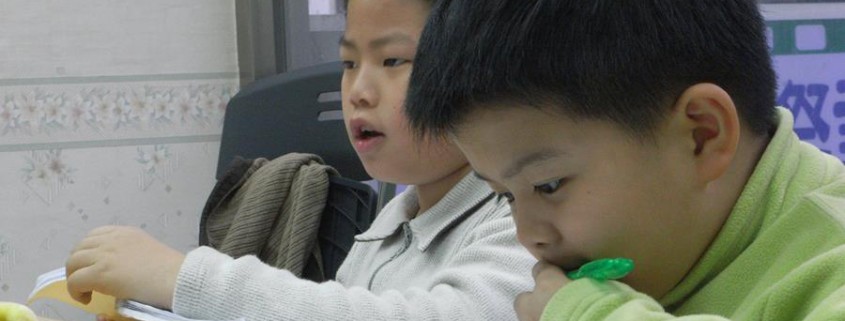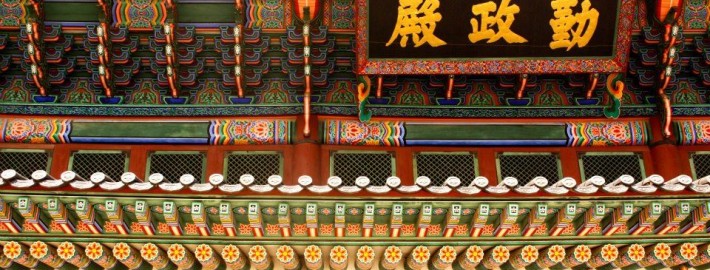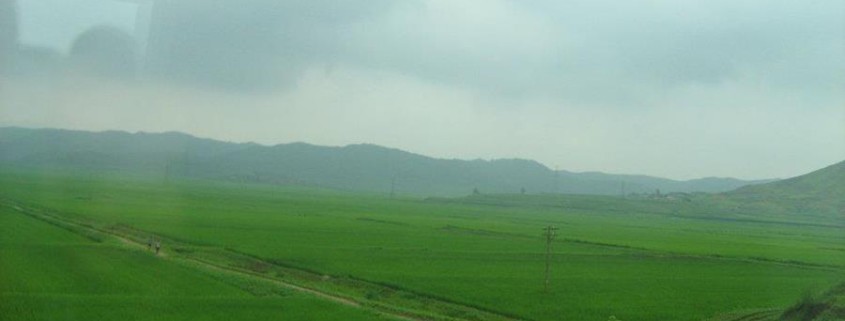English Magazines in Korea
Various Free local English magazines in Korea.
These English magazines in Korea, provide information on the following topics:
– Things to do, Korea’s Treasures (Places to go), Events, Comprehensive Guides, Interviews and so much more!!
More expats turn to Groove Korea than any other publication in the country for our news analysis and extensive community, music, sports, travel and food coverage.
Groove Korea is the country’s most-read English publication, including the three daily newspapers.
This is their online issue for November 2013:
Seoul Selection is a Seoul-based book and magazine publisher. They publish SEOUL, a monthly English language magazine that provides a wealth of information for foreigners traveling and living in Seoul.
With in-depth reporting on culture and living, foreigners’ perspectives on living in Korea, an overview of Seoul events and cultural news, SEOUL magazine is an indispensable resource for those who want an insider’s viewpoint of Seoul life.
An online edition of November 2013:
They claim:
“It’s for you. The reader. The Writer. The Photographer. And the people typing weird things in Google.”
Busan Haps Magazine is a bi-monthly print magazine featuring stories of people from all walks of life in Busan, covering news and trends in lifestyle, society and more.
If this is for you, you can find the issue of Fall 2013 here:
10 Magazine is more than just a magazine. In its many forms, it’s the #1 resource in Korea for expats and tourists who are desperate for information on where to go and what to do in this country.
Find their Facebook page here:
PIK is an online photography magazine featuring contemporary photography from established and emerging photographers living in Korea.
Find below the link to their second issue, November 2013:
Can you advise on any other English magazines in Korea worth reading?
Let us know!





